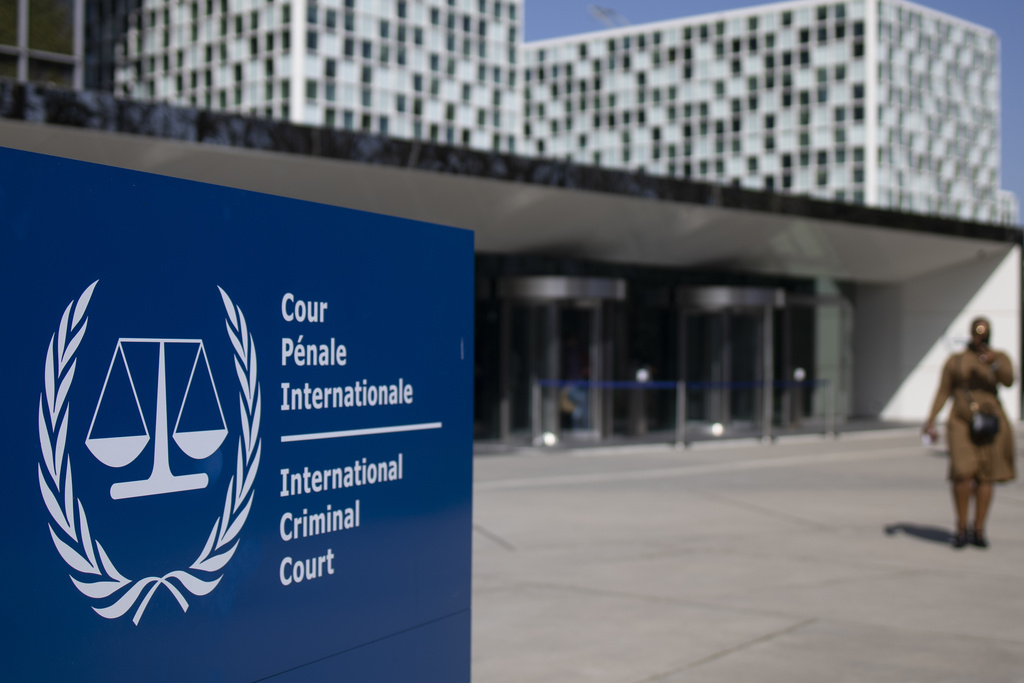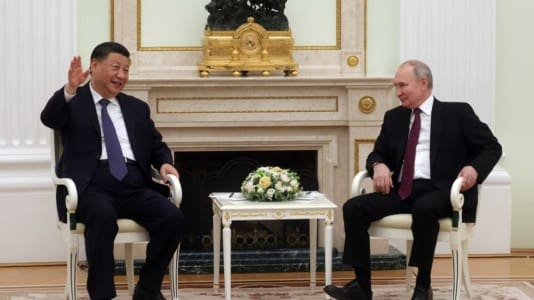I am quite curious about what will happen if, at the end of the war in Ukraine, representatives of the states now opposed to Russia have to sit down at the negotiating table with Vladimir Putin. Many have already speculated about the circumstances of the talks, which have stirred the imagination of the “all-knowing” political prophets.
The soothsayers are now being taught a lesson. The International Criminal Court (ICC) has issued an arrest warrant against the Russian president on the allegedly well-founded suspicion that, on his orders, Ukrainian children were taken to Russia without any legal basis, uprooting them from their previous environment.
The time will come when the documents for the ceasefire negotiations, and then hopefully for the peace talks, will have to be signed by Putin as the highest public dignitary of the Russian state. What will the haughty accusers do then? Will they turn away in disgust? Or will they say that we will not negotiate with a wanted suspect? The situation is frankly ridiculous.
Joe Biden warmly welcomed the decision and labeled the arrest warrant for the Russian president as justified. It is precisely the U.S. president who should have some doubts about the warrant. After all, the United States has not signed up to the International Criminal Court. In other words, it does not even recognize the legal body. Thus, the ICC’s decision has no binding force in America. If the Russian president were to step on U.S. soil, the ICC arrest warrant would not create any legal basis for arresting Putin. As it happens, the Russian president could walk down Fifth Avenue in New York, have dinner in a restaurant, buy gifts and the police would not execute this warrant. This is the stuff of comedy.
We might add that three of the five permanent members of the UN Security Council — Russia, the United States and China — do not recognize the ICC. Hungary has ratified the ICC statute but has not published it in the Hungarian Official Gazette. Therefore, under Hungarian law, the ICC arrest warrant could also not be executed in Hungary.
Washington did not join the ICC in 2002 because the court can prosecute individuals suspected of genocide, crimes against humanity, war crimes, and crimes of aggression. In the U.S., this was seen as a threat to U.S. politicians. How many U.S. presidents would have had to stand before the ICC if Washington ever accepted the existence of the ICC?
However, the story is not over, because the ICC ruling requires that Putin should not only be detained if he enters the territory of a country that has joined the body, but should also be handed over to the ICC for trial.
Has it not occurred to anyone that Russia could win this war? If that comes to pass, who will be deciding then he must still be brought to justice?






